POM020: Emergency Fund Basics
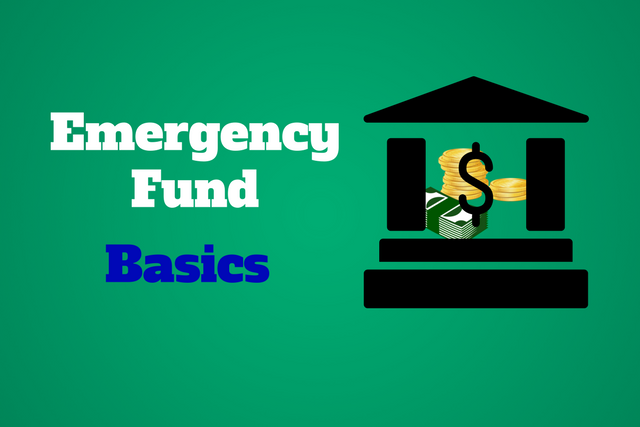
In this episode we’re going to discuss the real deal with emergency funds. I’m going to cover the most common questions and misconceptions: what an emergency fund is, how much it should be, where it should be and more.
Read it below or listen above.
I’m back after a bit of a hiatus. It was due to me focusing all of my time and energy on building out this amazing new resource. I’m biased I know. But truly, I was in The Money Lab with my nose to the grind stone. I won’t go into extra detail about it on this episode, but it’s called WISE Financial Fitness. WISE stands for “wealth is simple to elevate. “
Those who follow me on social media may have already heard about it. I’ll go into how it helps you get your money right and put you on the path to creating a legacy of wealth, yeah I said the word legacy, in a later episode. You can check it out it out at wisefinancialfitness.com. Thanks for tuning back in to the Pocket of Money Podcast.
Alright, there are a LOT of misconceptions and misinformation surrounding personal finance concepts. The emergency fund is one of them.In this episode we’re going to discuss the real deal with emergency funds. I’m going to cover the most common questions and misconceptions.
You’ve likely heard the term before and know you should have one, but may be a bit unclear on exactly what an emergency fund is, how much it should be, where it should be etc. Well, let’s discuss those questions and more.
What is an emergency fund?
Life is unpredictable. We plan as best we can, but unexpected events can and do happen. Sometimes they are completely out of our control. These events usually involve expenses that are way out of the ordinary and would completely demolish your budget. Usually these expenses are quite high, a few hundred to a few thousand dollars.
Let’s go over a few examples so we’re clear on what constitutes an emergency. Your budget is made up of expenses that are wants and needs. If you need your car to get to work, then an unexpected expense that impairs use of the car is an emergency. You need to be able to earn money. You need your car to do that so get the car fixed.
Or you had to take a trip to the emergency room and there’s a few hundred dollars not covered by insurance, yeah go ahead and use the emergency fund. Your health is your wealth.
If this unexpected event and expense has affected something that is necessary for you and your family’s survival then it needs to be handled ASAP. This is what you would use the money in your emergency fund to do. When it affects your survival then it is a true emergency and you can use the money in your emergency fund.
Your emergency fund is money aka cash that you’ve saved in a savings account. Yep, that’s it, nothing fancy.
Your emergency fund is completely separate and different from the money that you’re saving for vacation, a new appliance or other large expense. Yes, that means that you should have more than one savings account.
Can I use my credit card?
A common question or practice that people have is to use a credit card as an emergency fund. If something happens, then they plan to take care of the expense using a credit card. NO. Your emergency fund cannot be a credit card.
Using a credit card means you will be paying for these expenses months and months later. And not only will the payment be dragged out, but you will end up paying much more than you need to pay. Your credit card has a 10-30% interest rate. So your balance is growing. You don’ want to keep adding to the emergency expenses. Using a credit card will make that happen. Instead save up the cash.
Oh and while I’m talking about what you can’t use. Let me state that your spouse or significant other is NOT your emergency fund either. Yeah, even if you know, you just know that they’ll give you the money you need. Nope. There are just way too many things that can go wrong in that scenario to even list them. Save your own money. Stack your own cash.
How much should I have in an emergency fund?
Another common question is, “well how much do I really need in an emergency fund?” Depending on your risk tolerance, a complete emergency fund is 6-9 months worth of monthly bills. Your budget tells you the dollar amount you need in order to pay all your bills per month. This is the amount you’re using to determine how much you should have in your emergency fund.
Now there are some caveats to this rule, as is the case with most of the personal finance rules. Hey, personal finance is personal, which means there is no one size fits all implementation of the rules. So depending on your situation you may need to tweak your approach or add in some steps.
For example, let’s say you have a lot of consumer debt. It would make sense to save up $1,000 to three months worth of bills in your emergency fund and then turn to aggressively paying off your debt. Don’t ignore the debt. Pay the minimum while you stack up the cash, then aggressively pay off the debt. Once the consumer debt is gone, then go back to working on completing your emergency fund.
Your risk tolerance level and the risks that may occur also influences how much should be in your emergency fund.If your job is in an industry with a high turnover rate, then you may want to have a larger emergency fund. Go to 9 to 12 months’ worth of bills saved. This is also a good guideline if it takes a long time to find employment in your industry.
If you live in an area prone to natural disasters such as floods, hurricanes, tornadoes, earthquakes etc., then you want to take that into account and have a larger emergency fund that can supplement the insurance as well as be used until you receive the insurance funds.
Self-employment Is Different
Now if you’re self-employed, then you should definitely have a larger emergency fund. You need more than even nine months’ worth of bills in there. Put away 12 months’ worth of bills for your personal emergency fund.
Determine your survival number from your budget. This is the bare minimum dollar amount you need to keep your household functioning. This is the number you should use when determining how much to put into your personal emergency fund.
Since you’re self-employed, you also need an emergency fund for your business. Use your business budget to determine the operations number. This is the minimum dollar amount you need to keep operating your business per month. Put 12 months’ worth of business expenses away for your business emergency fund.
Let’s say you lose a major client or a large contract isn’t renewed, you want to be able to keep everything running until you replace that income. You want to be able to do this without dipping into the money you set aside to run your household or handle personal emergencies.
Where Should It Be?
Alright, so that’s how much you need to save, now where should you be putting this money? You may be thinking, “uhm that’s a whole lot of cash.” Yes. However,your emergency fund goes in a regular savings account or high yield saving account. I know it will be a large sum of money, but you still want it in a saving account. The point is not to grow this money. This money needs to be cash as well as easily and quickly accessible. A regular saving account has an interest rate of something like 0.05%. Some online banks and high yield saving accounts have an interest rate of, you ready … 1%.
That’s ok, this is not an investment account.
Now if you’re thinking, “what about inflation”, well that can’t really be helped. Inflation fluctuates and is currently close to 2%. Inflation does cause the buying power of your money to decrease over time. This means that the cost of things and services will cost more or in other words have a higher price. It’s like when someone older said, “hmm we used to buy a loaf of bread for a nickel.” Yeah, inflation plus other factors mean no more nickel loaves of bread. In the future, it’s very likely we’ll have our own nickel story.
So all of that to say don’t stress too much about the pitiful interest rate on your saving account where you keep your emergency fund. This is not an investment account. It is a saving account where you can hold your cash and can access this cash quickly when an emergency happens.
Oh also please keep this money in a bank or credit union. Do not stack it in your house under the mattress or under the dog house in the backyard.That last one came from a movie. Now I’ve got you thinking about it. If you know the movie, then leave a comment below. Ok, back to business. Don’t keep it at home. Keep it at the bank. Why? Because the bank or the credit union is FDIC insured. That means up to $250,000, they have to get you your money.
If tragedy strikes and the physical bank is wiped out, then they still have and can get you your money. If the money is in your house and tragedy strikes, then your money is gone with the house. Not only do you have major expenses to handle, but you would have lost the money you would have used to survive and handle some of those expenses. Put the money in the bank.
How do I fund it?
Another common concern is figuring out how to get the money to put in the emergency fund in the first place. For those thinking, “Where is this money supposed to come from? This is why I’m using my credit card,” let’s go over how you fund the emergency fund.
If you’re not already using a budget, I think it’s clear by now that you need to use one. Your budget will do two things for you here.
- Streamline expenses so you can free up money that can be saved. When you cut back on or cut out expenses that detract from your financial goals, then you can use the money you were spending on those expenses to further your financial goals.
- Determine your saving amount. This allows you to know how much you have to put towards saving every month.
You have the money to save, just figure out how much you. Then remember to automate the saving and pay yourself first not last.
You can also use techniques to grow your emergency fund such as finding things around the house to sell. Shop your closets and anything that you aren’t using sell it. You know those shoes that you in excellent shape but you haven’t worn them in two years. Or when you were on a healthy get fit craze and bought a second blender that never made it out of the box and other kitchen appliances that again never made it out of the box. Yeah sell those.
Some Resources
Now you’re clear on what you need to establish an emergency fund, how to use it, and when to use it. If you have issues saving and automating the saving transfer isn’t enough. Then check out apps like:
Digit, that allows you to save without thinking about it. It connects with your bank account, studies your expenses then will take sums of money that you can afford to save. You’ll be surprised at how much you can actually save. Digit has a $2.99 per month fee.
Rize allows you to save for more than one goal. Rize also links with your accounts and allows you to automatically save. The difference here is that you can set up the saving schedule. I saw no fees for Rize. They offer you the choice to donate money if you like.
Qapital is another app to check out. It also allows you to set savings goals for specific things. You set up rules for how you would like to save and then it saves automatically for you using those rules.
Resources Mentioned:
Disclaimer: Some of the links below are affiliate links. This means that if you decide the item will help you and buy it, I will earn a commission. There is no additional charge to you. However, I would never recommend anything to you that I wouldn’t use myself or wouldn’t recommend to my own family. I only recommend things that I believe will be helpful and useful. Do not buy anything unless you believe it will help you achieve your goals.
WISE Financial Fitness™ uses a unique algorithm to assess your financial status and give you the resources and information to build a legacy of wealth.
Digit, that allows you to save without thinking about it.
Rize allows you to save for more than one goal automatically.
Qapital allows you to set savings goals for specific things and save automatically. You set up rules for how you would like to save.
Thanks for listening:
If you have any comments or questions about this episode, leave a comment below. If you liked what you heard subscribe on iTunes and rate it. This helps the podcast show up for others.



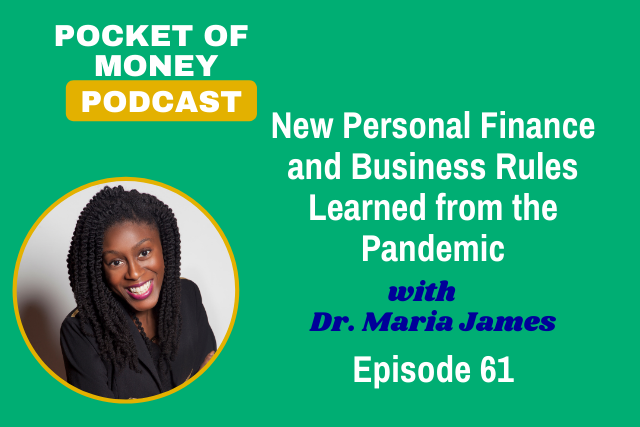
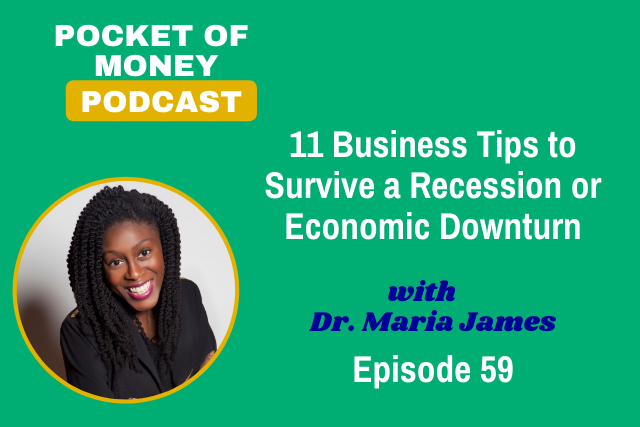
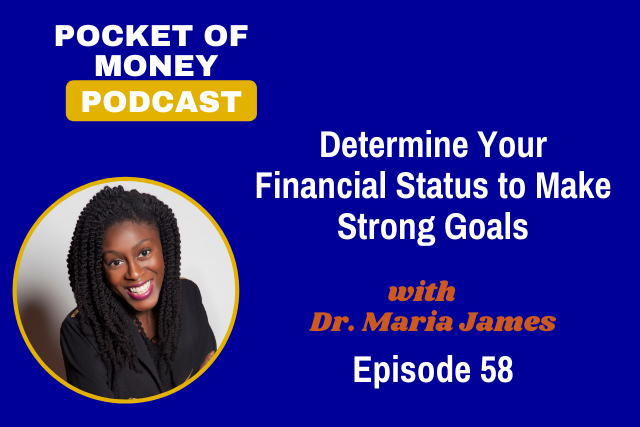
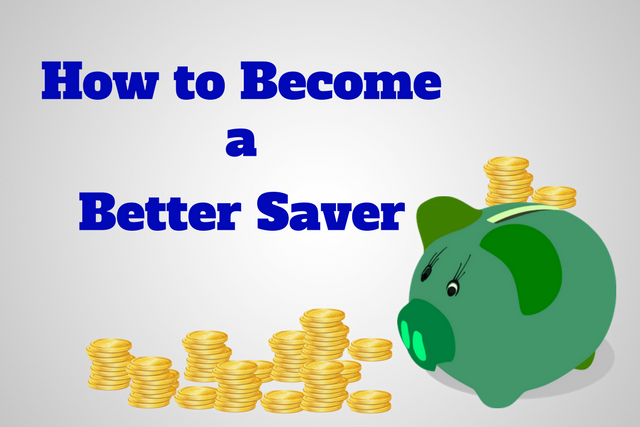

Responses